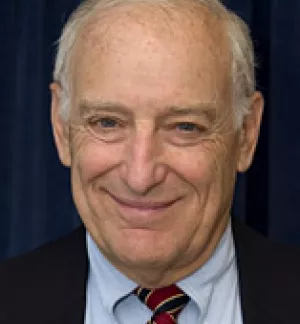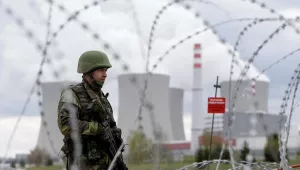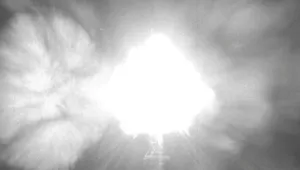The United States and its Asian allies agreed last week to restrict the availabliity of shoulder-fired light weapons. This initiative is wholly polistive, and it is a reversal of previous American policy. But will it do any good? Does it really deal adequately with the larger problem? Obviously, especially after the attack in Kenya last year on an Israeli commercial airliner, Washington wants to do anything it can to keep portable missiles out of the hands of terrorists. Last week's Bangkok agreement pledges the United States and all other Asian and Pacific Rim nations to adopt formal controls over all inventories of surface-to-air missiles and to ban the transfer of such weapons to all "nonstate" end users - terrorists and warlords. In the past, Washington steadfastly refused to develop international accords on the transfer of weapons. It preferred to be able, when desired, to provide such weapons to friendly forces, even nonstate actors. Indeed, part of the Asian problem today is that there are thousands of shoulder-fired missiles left over from supplies transferred by the United States to Afghan freedom fighters in the anti-Soviet period. Washington also gave such stingers to non-Marxist rebels in Angola. The developing world is awash with leftover missiles and other lethal weapons. There are tens of thousands of older surface-to-air weapons manufactured by the United States, Russia, China, and North Korea for sale in the developing world for as little as $5,000 each. Since the Bangkok agreement has no enforcing mechanism, Washington's initiative could prove cosmetic. What is needed is a robust method of collecting and destroying missiles and compensating cooperating countries, at least, for surrendering their stocks. Doing so would be far less expensive and surer than spending many hundred million dollars to develop antimissile systems for passenger planes, an initiative proposed by President Bush. Admittedly, any attempted collection system would be subject to evasion and leaks, but even a beginning to gathering all stockpiles of such missiles would be positive. However, the United States has barely begun to guard, much less destroy, the enormous caches of weapons in Iraq. Doing both well, would provide a further necessary safeguard. Also needed is a set of regional agreements with even more stringent safeguards than those forged in Bangkok. Shoulder-fired missiles are an acute part of a much larger problem that fuels small wars and emboldens terrorists. An estimated 750 million small arms and light weapons are available for easy purchase throughout the developing world. In addition to missiles, the inventory includes repeating rifles available for as little as $25, machine guns (also inexpensive), and grenade launchers. Ammunition for all of these lethal weapons is widely available. These are the weapons of choice of insurgents who destabilize failed states and other disturbers of the peace. Terrorists use such weapons, too. Since 1990, at least 12 million civilians have lost their lives, with many more maimed and wounded, in a succession of civil wars across Africa, Asia, and Latin America - all fueled by the widespread availability of cheap guns and ammunition. The child soldiers in Sierra Leone or Liberia, for example, would have been far less destructive without guns. What is now desperately required, in addition to surface-to-air missile controls, is a new regime stiffly regulating the sale of fresh new small arms and light weapons from factories in Europe and Asia. The United States is the only nation that currently restricts and openly licenses its sales of dangerous small weapons. A UN convention has been debated for many years, but it is still in embryo, without real enforcement mechanisms. These times of terror have concentrated Washington's hitherto reluctant mind. Washington should now convene a broad treaty-writing assembly of nations to make all licit sales of small arms transparent and fully documented, create stringent controls against the illicit transfer for small arms to all non-national end users and other shady operatives, and make mandatory the marking of weapons so that they can be traced and sanctions imposed. This last step is now feasible technically; the United States has been quietly developing marking methods for at least a decade. Winning the war against terror depends on many initiatives. Removing small arms and light weapons from the easy reach of those who attack us is obvious and sensible. Washington now needs to build boldly and universally on the Bangkok initiative.
Rotberg, Robert. “Needed: Global Arms Buyback.” The Boston Globe, October 27, 2003




